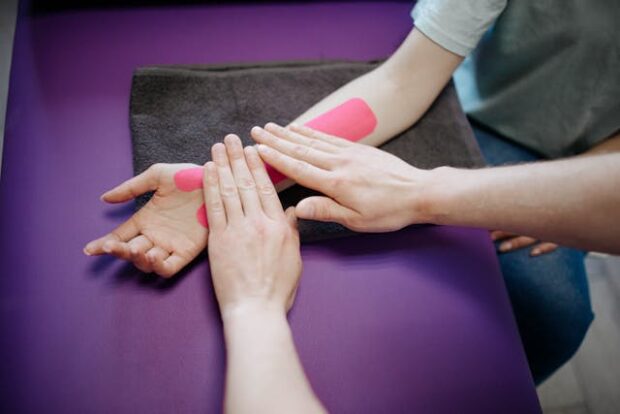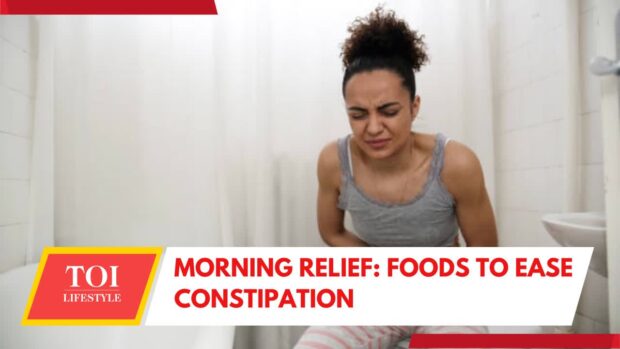
In today’s busy world, relaxation is often overlooked. With work, social obligations, and personal responsibilities constantly demanding our attention, it can be difficult to find time to truly unwind. However, taking time to relax is crucial for both mental and physical health. When we relax, we allow our bodies and minds to recharge, reduce stress, and restore balance.
This post will explore several practical methods to help you relax and regain your energy.
Why Relaxation is Important
Relaxation is more than just taking a break. It’s an intentional act of calming the mind and allowing your body to recover from the daily grind. Regular relaxation practices can help:
- Reduce Stress: Relaxing helps lower the production of stress hormones like cortisol, which in turn helps you feel more at ease.
- Improve Mental Clarity: When you relax, you give your mind a chance to clear, which enhances focus and productivity.
- Enhance Physical Health: Relaxation lowers your heart rate, improves sleep, and can even lower blood pressure.
- Boost Emotional Well-Being: Taking time to relax helps you manage negative emotions, improve mood, and maintain emotional stability.
Simple Ways to Relax
1. Practice Deep Breathing Exercises
One of the simplest ways to relax is through deep breathing exercises. Deep breathing helps activate the body’s relaxation response, calming the nervous system and promoting a sense of peace.
- How to do it: Sit in a comfortable position, close your eyes, and take slow, deep breaths through your nose. Hold for a few seconds, then exhale slowly through your mouth. Repeat for several minutes.
- Learn more about the benefits of deep breathing here.
2. Try Progressive Muscle Relaxation (PMR)

Progressive muscle relaxation involves tensing and then relaxing different muscle groups in the body. This technique helps to release tension and promotes a sense of calm.
- How to do it: Start at your feet and work your way up. Tense each muscle group for about five seconds, then release. Focus on how your body feels when the tension dissipates.
- Explore how PMR can help you relax here.
3. Take a Warm Bath or Shower
Immersing yourself in warm water can help relax tense muscles and calm your mind. Adding essential oils like lavender or eucalyptus can further enhance the relaxing experience.
- Discover the health benefits of warm baths here.
4. Practice Meditation
Meditation is a powerful relaxation tool that helps quiet the mind and reduce stress. Whether you’re doing guided meditation, mindfulness, or simply focusing on your breath, meditation can bring your awareness to the present moment and promote relaxation.
- How to do it: Find a quiet space, sit comfortably, and close your eyes. Focus on your breathing or use a guided meditation app. Whenever your mind wanders, gently bring your focus back to your breath.
- Learn more about meditation and its benefits here.
5. Engage in Gentle Exercise
Light activities like yoga, stretching, or walking can help relieve physical tension while boosting your mood. Yoga, in particular, combines movement, stretching, and deep breathing, making it an excellent choice for relaxation.
- How to do it: Look for beginner-friendly yoga videos or apps that guide you through simple poses. Focus on slow, controlled movements and breathing.
- Explore the relaxing benefits of yoga here.
6. Unplug from Technology
Spending too much time in front of screens can lead to mental burnout and stress. Taking breaks from technology, such as social media or emails, can help you relax and recharge.
- How to do it: Set aside specific times throughout the day to unplug from your devices. Engage in other activities that don’t involve technology, such as reading, cooking, or spending time in nature.
- Find tips on reducing screen time and stress here.
7. Listen to Relaxing Music
Music has a powerful ability to calm the mind and body. Listening to soothing tunes can help slow your heart rate, lower blood pressure, and reduce anxiety.
- How to do it: Create a playlist of relaxing instrumental music or nature sounds. Take some time each day to sit back and listen while you breathe deeply or relax in a quiet space.
- Discover the effects of music on relaxation here.
8. Practice Mindful Breathing
Mindful breathing helps bring your focus to the present moment, promoting relaxation and reducing stress. It’s a great technique to use whenever you feel overwhelmed or anxious.
- How to do it: Sit comfortably, close your eyes, and focus entirely on your breath. Take slow, deep breaths in and out, and notice how your body feels as you inhale and exhale.
- Learn more about mindful breathing here.
Conclusion: Relaxation is Key to Well-Being
Relaxation is essential for maintaining physical and mental health, especially in today’s fast-paced world. Whether you choose to meditate, practice deep breathing, or simply take a warm bath, incorporating relaxation techniques into your daily routine can help you reduce stress and improve your overall well-being.
Remember, relaxation isn’t a luxury—it’s a necessity. By making time to relax, you invest in your health and ensure that you can give your best to the world around you.
#TrendingNow
#InspirationDaily
#ExploreMore
#LifestyleTips
#InTheNews
#DigitalAge
#Insights
#Innovation
#BehindTheScenes
#WorldView














Be the first to leave a comment